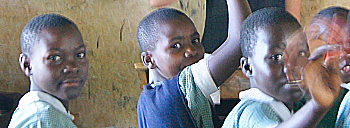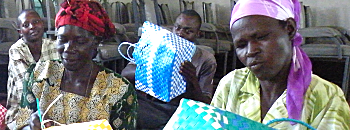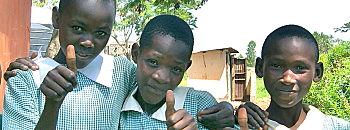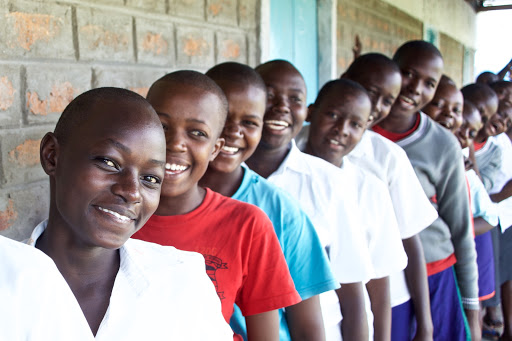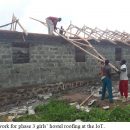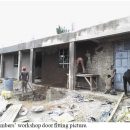Recent Posts
- Got Matar Annual Letter – 2023 December 18, 2023
- Plumbers’ Training Workshop, IOT July 1, 2023
- Construction of the Electricians’ Training Workshop – IOT January 9, 2023
- Got Matar Annual Letter – 2022 January 9, 2023
- Computer Training Centre at the Institute of Technology February 3, 2022
- Got Matar Annual Letter – 2021 December 17, 2021
- The Possible Relevance of Kenya’s Experience to Shaping Aid to Africa November 6, 2021
- Girls’ Hostel nearly complete, ICT Centre construction started May 21, 2021
- Building of IoT Girls Hostel almost Complete in just 2 Months April 25, 2021
- Fast progress in building the Institute of Technology Girls’ Hostel March 30, 2021
Book on Hunger Eradication
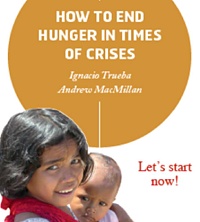
How to End Hunger in Times of Crises
Let’s Start Now!
EBOOK of 2nd edition (2013)
by Ignacio Trueba and Andrew MacMillan.
Foreword by José Graziano da Silva, ex FAO Director General.
Ending hunger is one of the simplest things that we can do together to make our world a better home for all its people.
“This book contains truths too important to dismiss, but it is also a book of visionaries. And it is a call for change that we can only ignore at our own peril.” – Olivier De Schutter, ex UN Special Rapporteur on Right to FoodDownload the E-Book FREE
Download the e-book – epub format Download the e-book – pdf format
and suggest to others that they do likewise.
(epub for ebook readers, or pdf for laptops)
Got Matar Community Development Group
